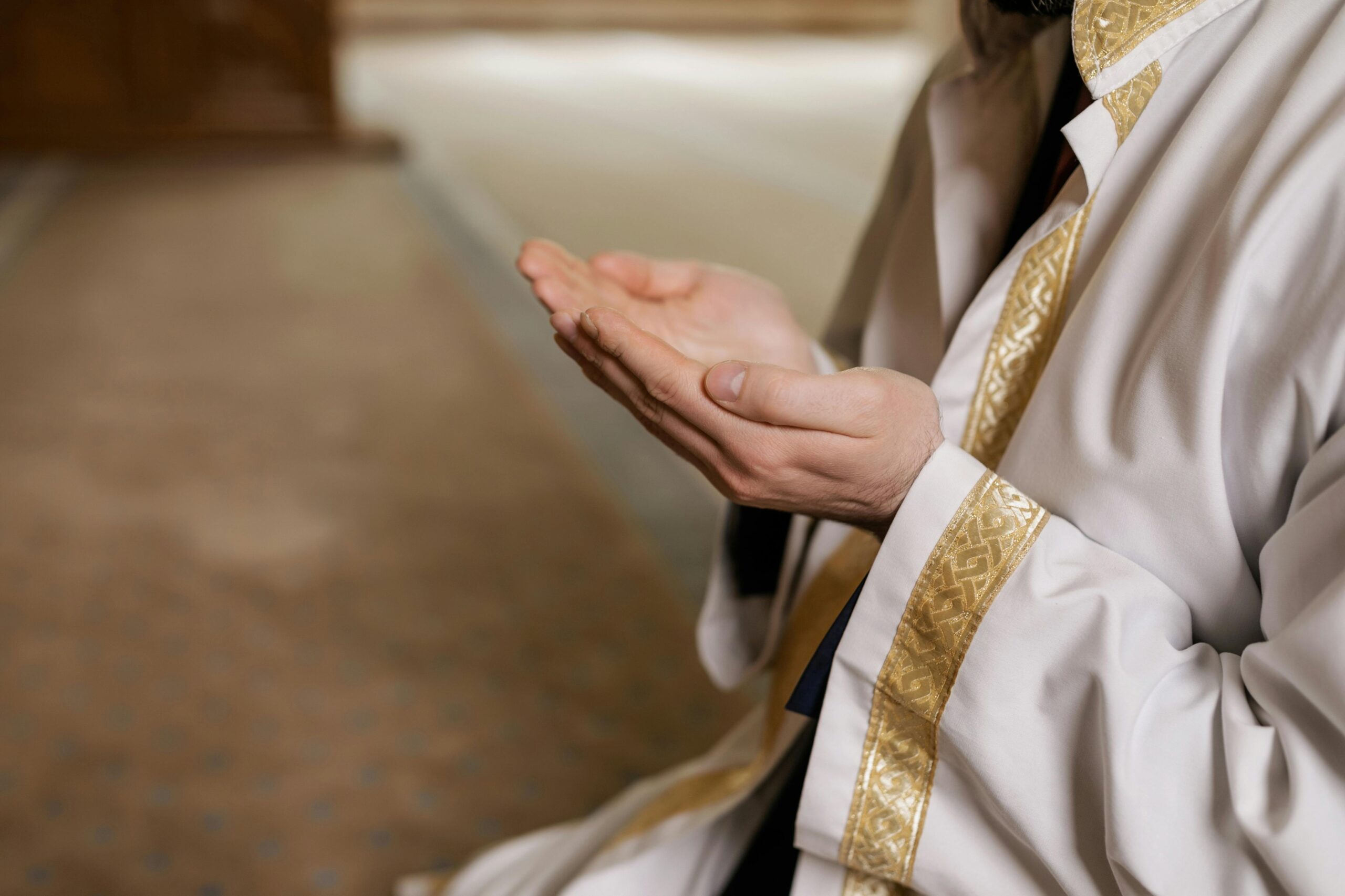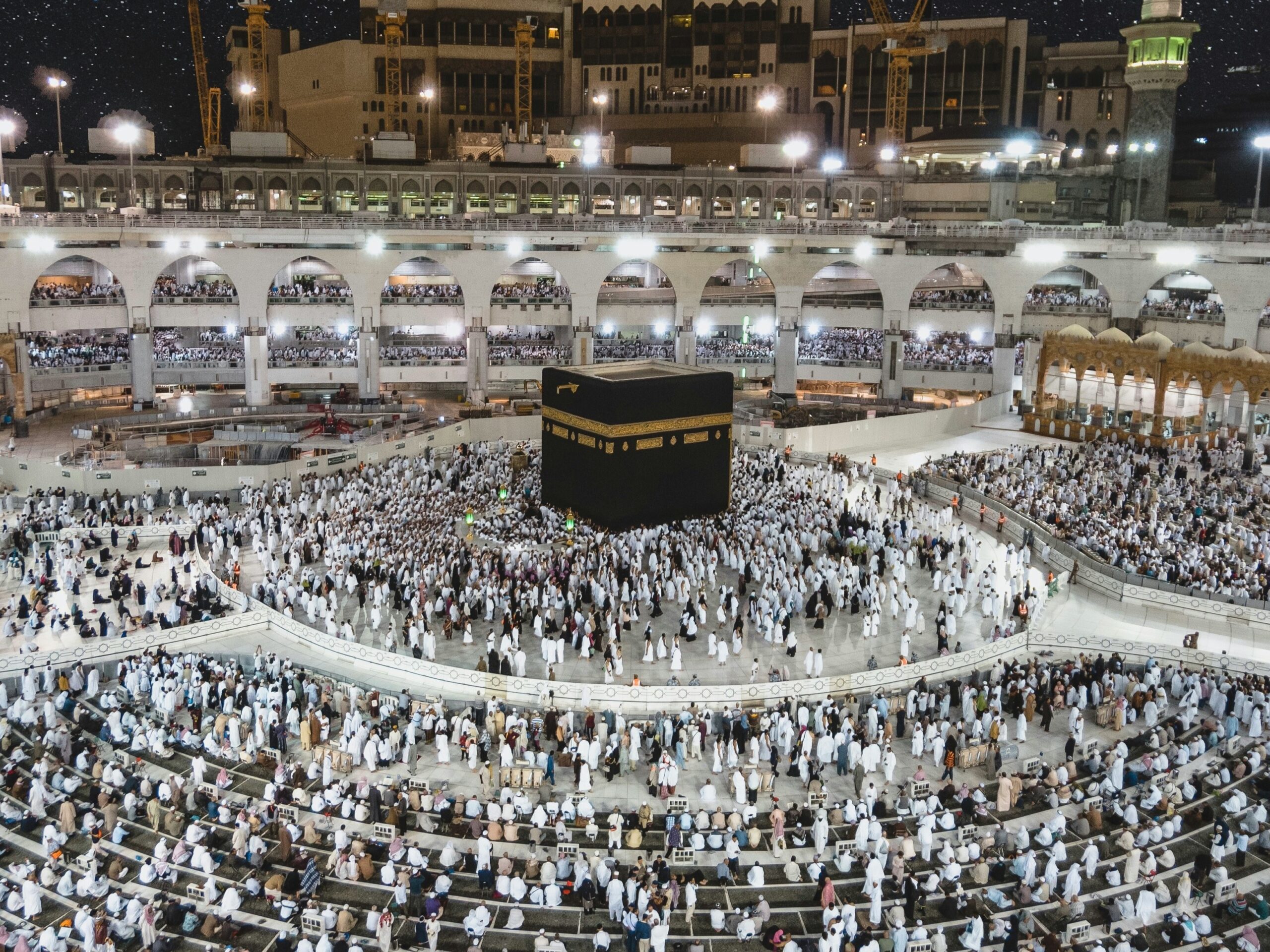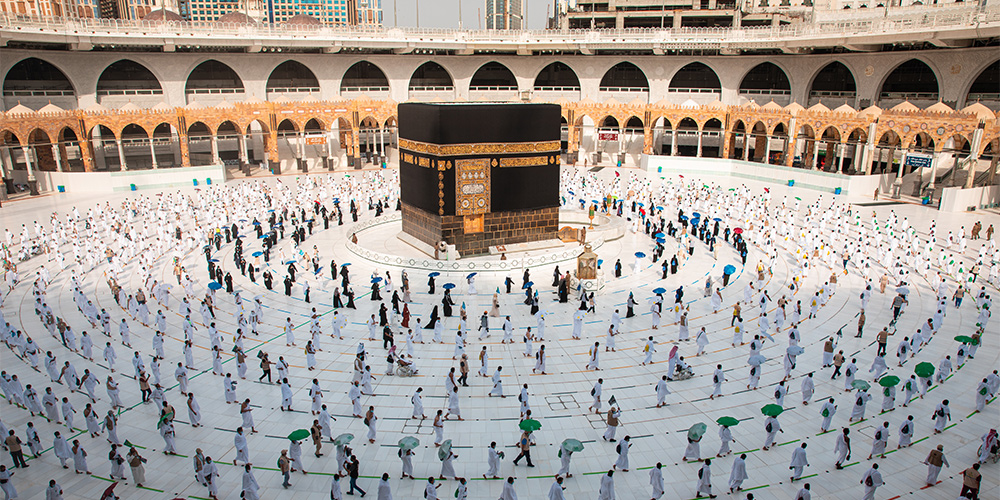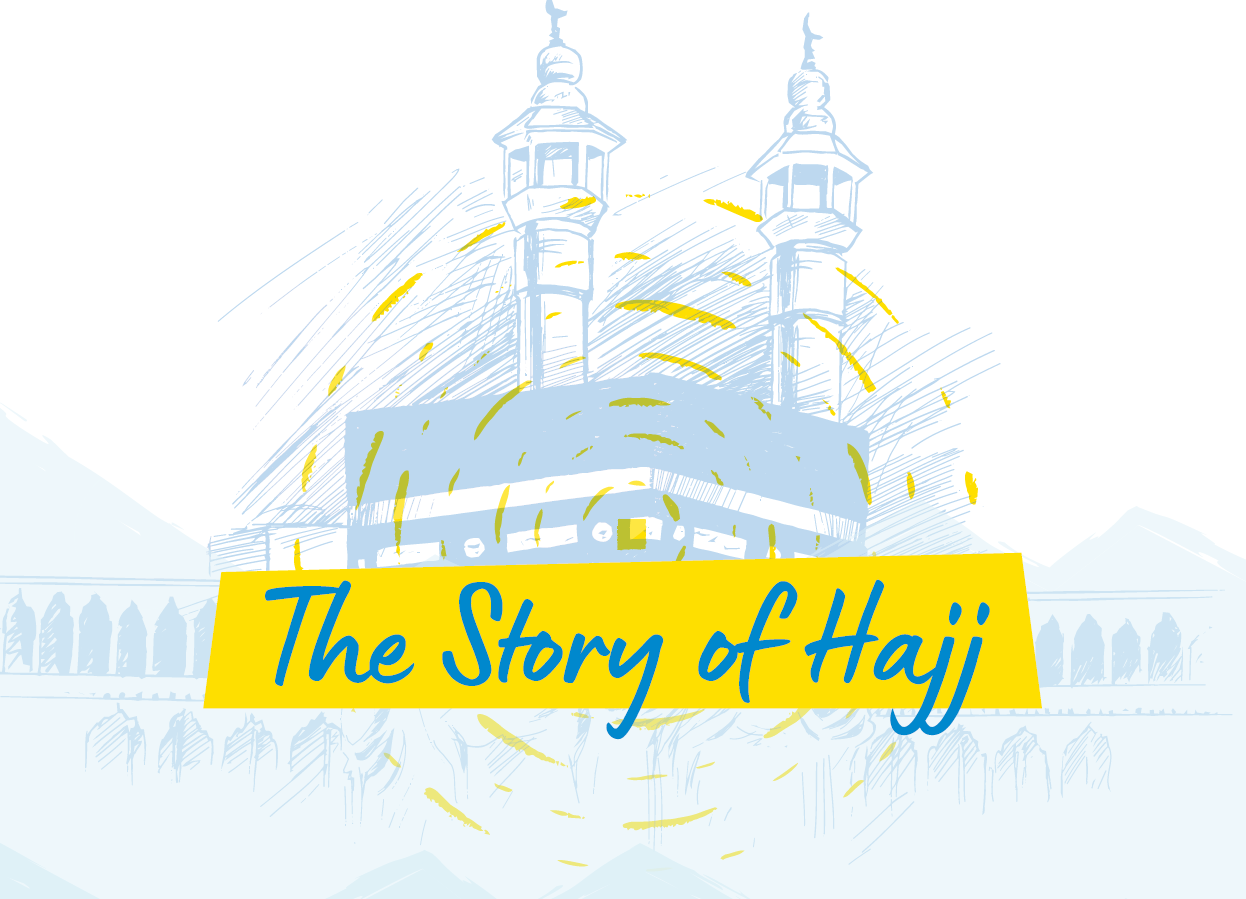
05.20.25
10 Lessons to Learn from the Story of Hajj
Every year, millions of Muslims gather in Makkah to perform Hajj during Dhul Hijjah, the 12th month of the Islamic Hijri Calendar. But why do Muslims make this pilgrimage?
Firstly, it is the fifth and final Pillar of Islam. It is a journey every adult, able Muslim must complete at least once in their lifetime.
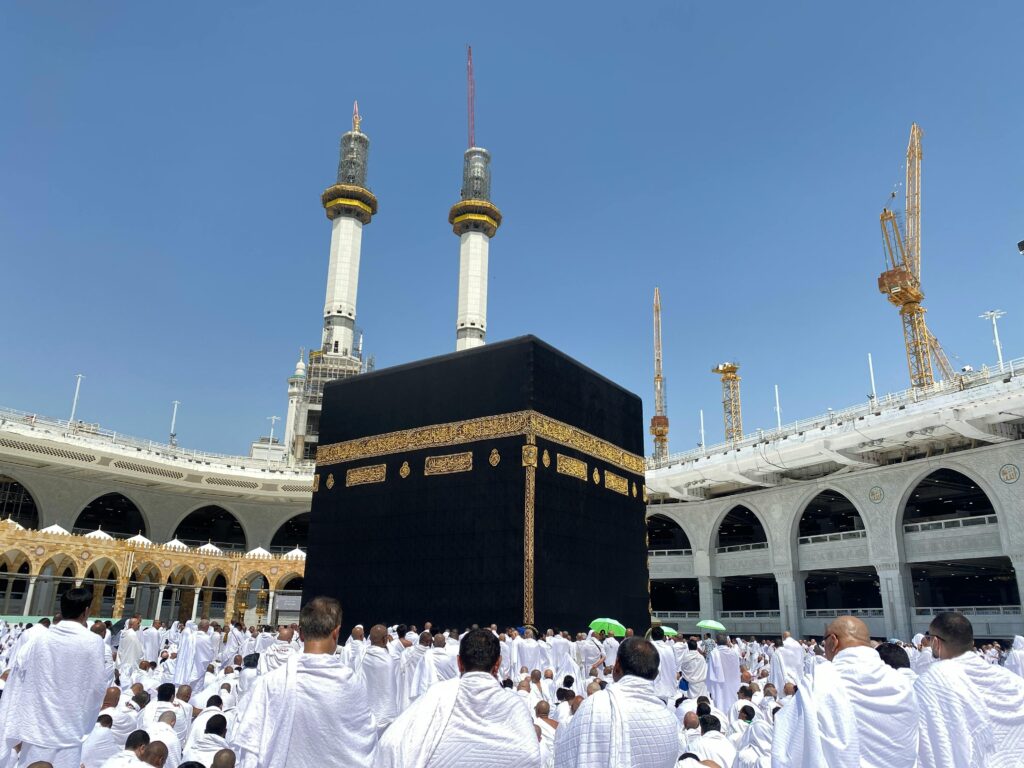
But, secondly, why Hajj is so important in Islam is because its rituals come from one of the most important prophets. From a journey rooted in the legacy of the Prophet Ibrahim (AS), his family, and their profound trust in Allah (SWT).
Even if we cannot go to Hajj this year, the history behind this act of worship is a deep, timeless story full of lessons for every believer.
Here are 10 powerful lessons from the story of Hajj that we can all reflect on and apply in our lives today.
True Faith Means Absolute Trust in Allah (SWT)
When Ibrahim (AS) left Hajar and baby Isma’il (AS) in the barren desert of Makkah, Hajar asked him if Allah commanded it. Upon hearing “yes,” she responded with unwavering faith:
“Allah will not abandon us.”
This moment teaches us that trusting Allah, even in the most uncertain times, is the essence of true faith.
Patience Leads to Miracles
With her and her baby’s provisions almost depleted, Hajar made a desperate search for water. She ran between Safa and Marwa seven times before Allah (SWT) answered her plea with the miraculous spring of Zamzam that sprang beneath baby Isma’il (AS)’s feet. Her story teaches us that persistence and patience in hardship are never wasted. Whether now, soon, later, or in the Hereafter, Allah (SWT) always upholds His promise to reward those who strive.
Obedience Brings Divine Mercy
When Ibrahim (AS) prepared to sacrifice his son, both father and son agreed to the act without hesitation. Their obedience was rewarded, and Allah replaced the sacrifice with a ram. This teaches us that obedience to Allah (SWT) always brings mercy and reward, even when the test seems impossible.
Sacrifice Is the Heart of Worship
Hajj is full of symbolic acts of sacrifice—from giving up comfort to offering Qurbani. The story of Ibrahim (AS) reminds us that spiritual growth often comes when we’re willing to give up what we love for the sake of Allah.
Women Shaped the Legacy of Hajj
Hajar’s actions were so beloved that they were made part of Hajj forever. Her strength, faith, and struggle show the central role of women in the spiritual and historical legacy of Islam.
Rejecting Temptation from Bad Acts Takes Persistence
Iblis tried to tempt Ibrahim (AS) away from Allah’s command three times—and each time, Ibrahim (AS) responded by throwing stones at him. This act is now reflected in the ritual stoning of the devil during Hajj. We learn that resisting temptation is a lifelong battle, and we must be proactive in turning away from it.
Unity Is Found in Worship
The Ka’aba, built by Ibrahim (AS) and Isma’il (AS), is a symbol of unity. Muslims all over the world face it in prayer. During Hajj, Muslims of every race, language, and background gather around it. Worship unites us, reminding us we are one Ummah.
Spiritual Legacies Outlive Lifetimes
Though Ibrahim (AS), Hajar, and Isma’il (AS) have long passed, their story continues to be lived and honoured every year by millions. A righteous life builds a legacy that inspires generations.
The Rituals of Hajj Are Rooted in Real Struggles
Every act in Hajj—from Sa’i to Qurban (Qurbani) —represents a very human struggle. Hajj isn’t just symbolic; it’s a reenactment of devotion, pain, faith, and hope. These rituals help us connect deeply to our faith and our past.
You Don’t Have to Be in Makkah to Be Part of the Story of Hajj
Even if you’re not performing Hajj, you can still share in its spirit. Give charity. Fast. Offer Qurban. These days of Dhul Hijjah are the best of the year, and the lessons of Hajj are meant for all of us, wherever we are.
Hajj, A Legacy
The story of Hajj isn’t just a history—it’s a living tradition. One that calls us to trust, submit, persevere, sacrifice, and unite for the sake of Allah (SWT). Whether you’re walking between Safa and Marwa or sitting at home with your Qur’an, the lessons of Hajj can transform your heart.
This Dhul Hijjah, Let’s honour the legacy of Hajj—with our actions, our giving, and our intentions.
Read the Full Story of Hajj
Read the story behind Islam’s fifth pillar. Hajj is a profound journey rooted in the legacy of Prophet Ibrahim (AS) and his family.

